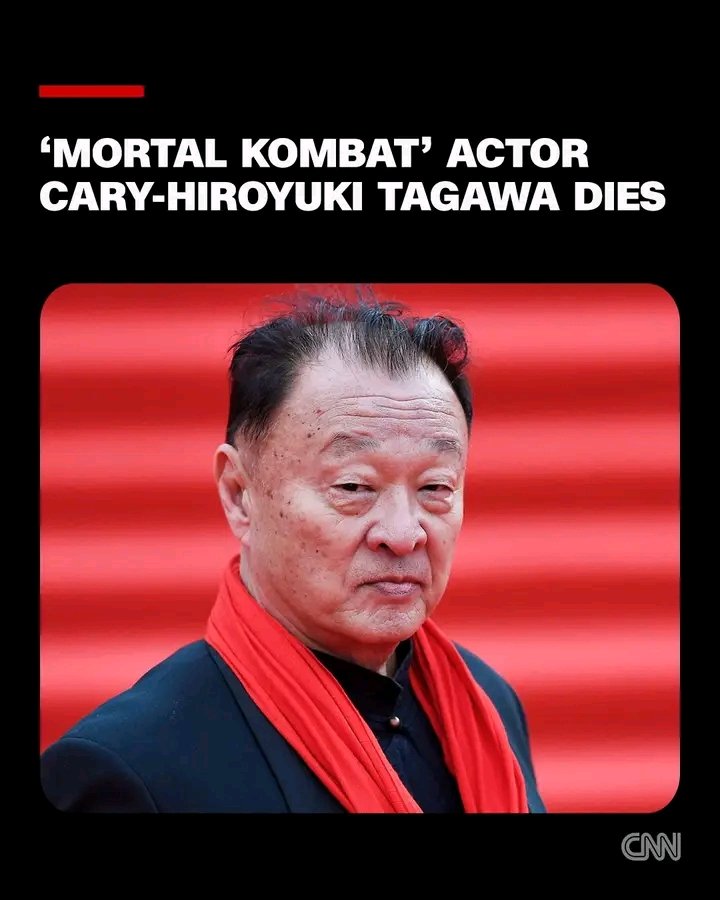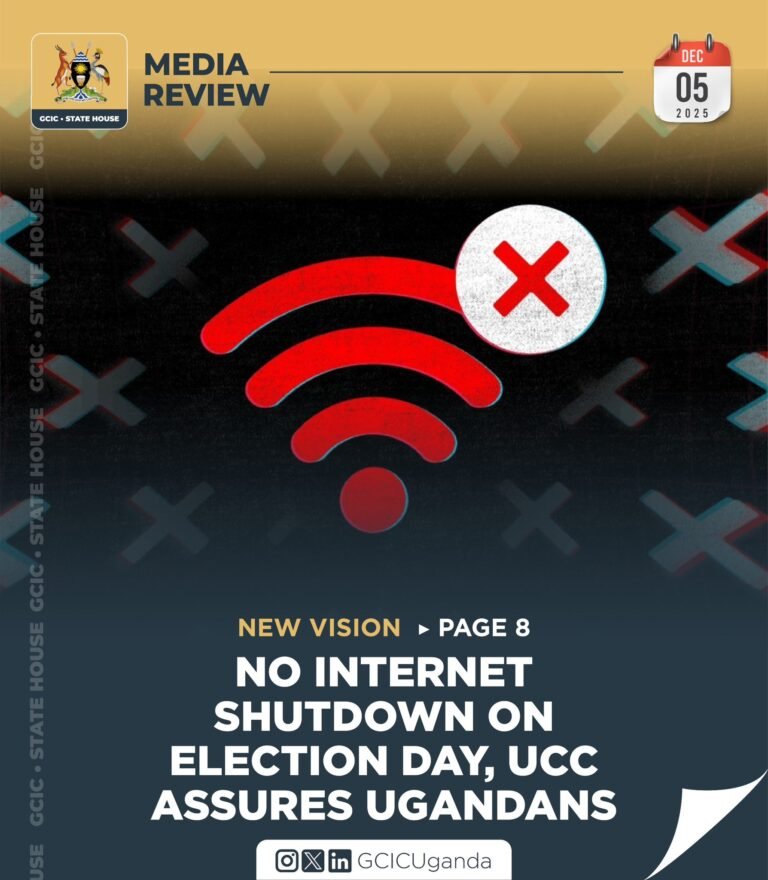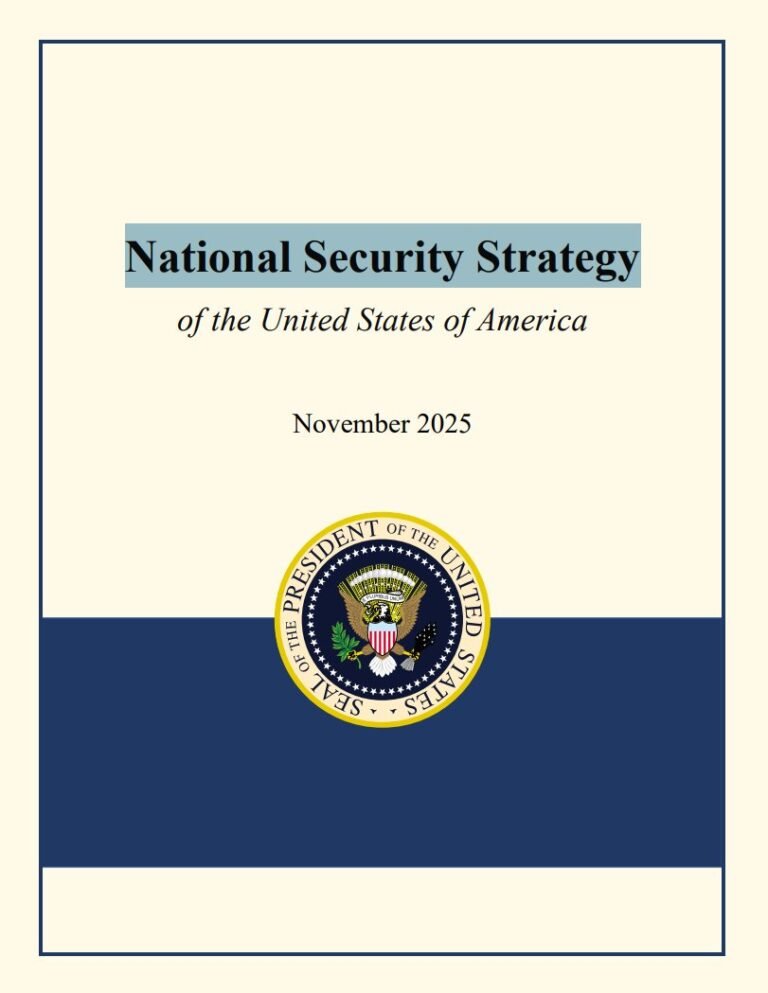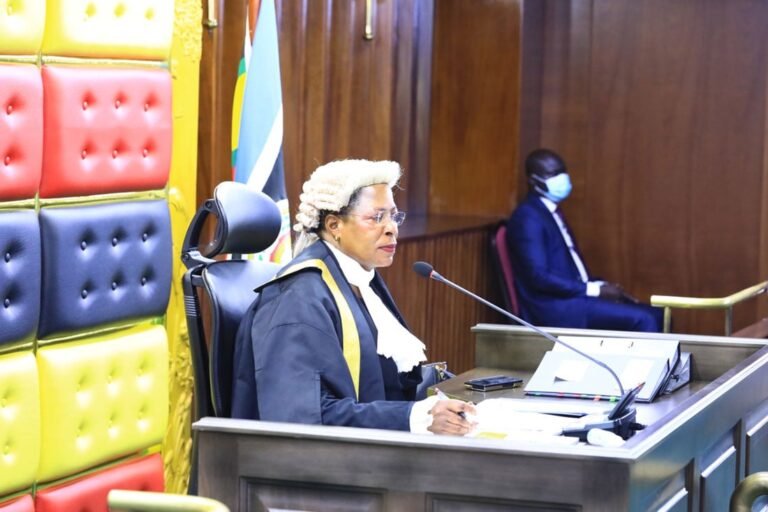
KAMPALA – The National Unity Platform (NUP) has announced its decision to sign the Memorandum of Understanding for the National Consultative Forum, despite having an active constitutional challenge against the law that compels its membership.
This development follows a recent amendment to the Political Parties and Organisations Act by Parliament, which made it mandatory for all political parties to belong to one of two bodies: the Inter-Party Organisation for Dialogue (IPOD) or the Forum for Non-Represented Political Parties. These two groups are now departments under the overarching National Consultative Forum.
In a public statement released today, the NUP confirmed that it is the Deputy Chairperson of the Forum and an active member. However, the party strongly objected to the amendment process, stating that “no political party was consulted in amending this law.”
The party was unequivocal in its belief about the amendment’s intent, asserting, “everyone could see that it was meant to target the National Unity Platform.” The statement further accused the Electoral Commission of already using the new law to “discriminate against and cripple the operations of the National Unity Platform.”
In response to what it deems an unjust law, the NUP has filed a petition before the Constitutional Court challenging both the content and the legislative process behind the amendment.
While awaiting the court’s ruling, the party has made a strategic decision to comply with the law for the time being. “As we await the decision of the Constitutional Court, the National Unity Platform has decided to sign the current Memorandum of Understanding since it is already a member of the applicable constitutive organ by conscription of the law,” the statement read.
The party concluded by expressing its hope for a swift judicial resolution, noting that it “shall be demanding for a quick determination of the Constitutional Petition to guide us on the way forward.”
This move places the NUP in a position of adhering to a law it is simultaneously fighting to overturn, highlighting the political and legal tightrope the opposition party is navigating. All eyes will now be on the Constitutional Court for a decision that could significantly impact the operations of political parties in Uganda.








